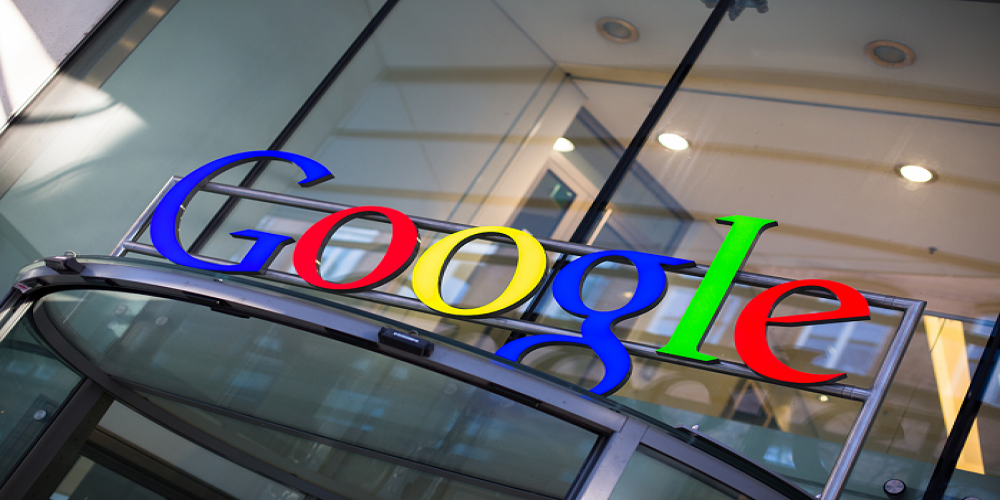
European countries are seriously concerned about privacy in the latest years. This results in regulations affecting the activities of tech giants – and in enormous fines if they neglect or fail to follow these regulations. This week. French authorities fine Google and Facebook for violations, the overall sum reaching €210M.
The reason for these sanctions, as said, is that both sites make it too hard for their users to refuse to be tracked via cookies. According to European regulations, websites that collect user data should grant an easy option if the visitor refuses to provide data. Neither Google nor Facebook greets users with pop-up windows that offer them an easy way to disagree. So most users automatically accept cookies that make authentication easier but at the same time deliver lots of personal data to the giants.
Now, Google and Facebook have three months to either comply or face more fines of €100K for every day of delay. Google also has to pay €150M, and Meta, the owner of Facebook - €60M. Given how much their advertisement policy depends on the data they collect and how crucial it is for them, they have to use their inventiveness to combine these regulations with their own needs. What can they do if users refuse to allow cookies?
It is exactly what Commission Nationale Informatique & Libertés (CNIL) wants from them, though. It considers that French citizens have a right to not be tracked by American (or any foreign) hi-tech companies. So refusing cookies, according to CNIL, should be as easy as accepting them.
It’s not the first time Google and Facebook go through controversies with European authorities. Do you trust these tech giants? Or rather do you trust them more than your governments? The discussion may be hot, so feel free to leave a comment, but be careful to stay polite and correct.

Leave a comment
Your comment is awaiting moderation. We save your draft here
0 Comments